R U OK?
And What To Do If The Answer Is "No"
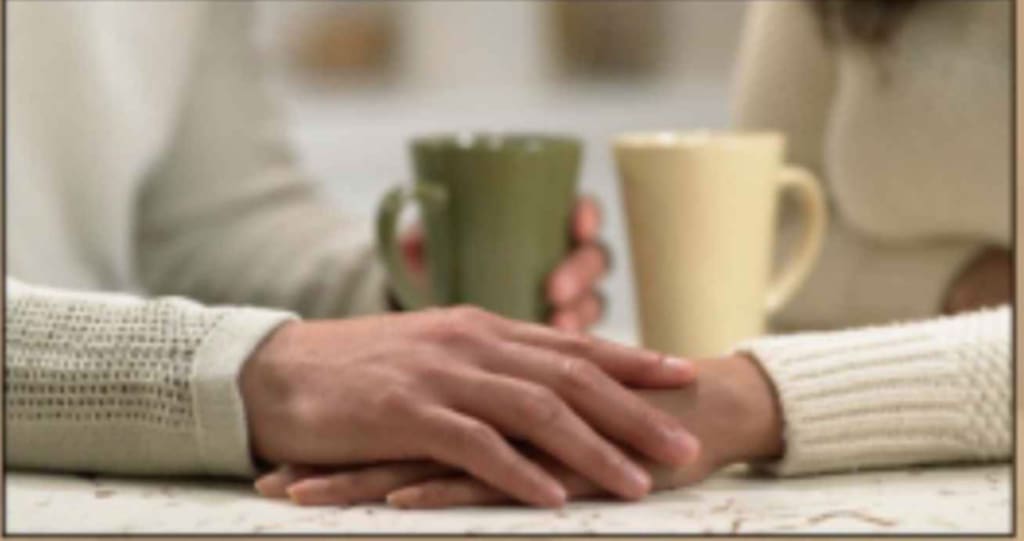
It's the second week of Septemer, which means R U OK Day is coming up.
Founded in 2009 by Gavin Larkin, R U OK Day was intended to raise awareness of mental health and suicide prevention. It came to national attention in 2011, and inspires somewhat mixed feelings in the general populace. On R U OK Day, people are encouraged to reach out and strengthen personal relationships by asking a simple question: R U OK?
In previous years, this was seen as more performative than helpful, with the percentage of people who treated it as a 'feel-good' moment outnumbering the ones who genuinely wanted to help or start a conversation. People who genuinely did struggle with mental health or other issues that made life harder, tended to be annoyed that all the focus was on this one day, when for them it was a fight that never actually ended on the other 364 days of the year. No one asking "R U OK?" seemed to anticipate an answer other than "yes, thanks for asking".
That made people who needed help wary of answering in the negative, because they were never sure if the person they were talking to actually wanted to know the honest answer, making the whole thing just one more piece of emotional labour to juggle.
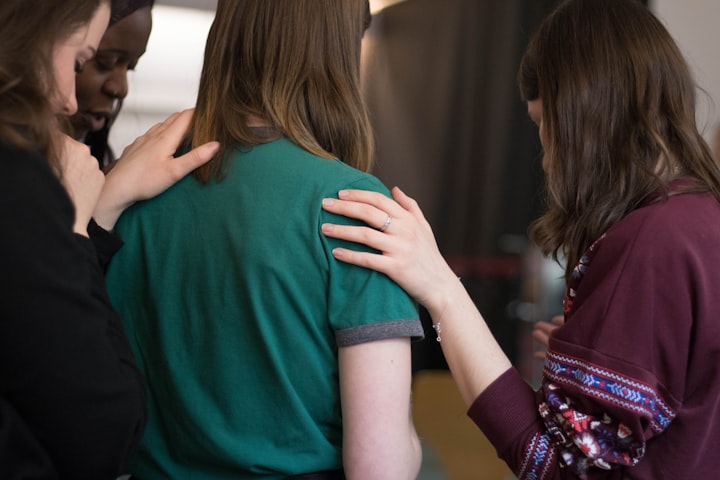
R U OK?
While it seems like such a little thing, having someone to talk to can honestly be the difference between life and death for someone who is struggling to see a way forward. There's a reason that there are so many hotlines for suicide prevention, mental health, and even just lonliness.
Some people don't feel comfortable having this conversation in person, so they update their social media status with an open invitation to call or talk via Private Messages. Some people don't ask the question, but make plans to meet up with the people in their social circle who they know tend to struggle. There is no one way to help, and it varies from person to person.
What to do when the answer is 'no'.
First, establish your own boundaries. You can't help anyone if you are in need of saving yourself. Figure out (preferably in advance) what you can talk about, and to what extent. It's OK to need to say, "I'm not sure I can talk about [triggering subject], is there another way I can help?"
If you can't help, for whatever reason, refer the person to someone who can. Sometimes that's the school or university advisor or counsellor, sometimes it's a professional or even the suggestion to talk to a trusted adult. There are hotlines like Lifeline for suicide prevention, but you can also call them if you're struggling but not suicidal, or even on behalf of someone else.
There are also organisations like Beyond Blue, who function as a resource for people with anxiety and depression, as well as suicide. Most State Health Websites will have a resources page with links to various helplines and support organisations. Google away on your nearest electronic advice.
Most of all, be kind to yourself. It's easy to feel helpless and overwhelmed when a friend is struggling and you can't help. You did your best with what you had. You reached out and offered what help you were able to give, then you stepped back and asked the professionals to take over.
Don't borrow guilt. You are important, too, and sometimes that means prioritising yourself and your own wellbeing.
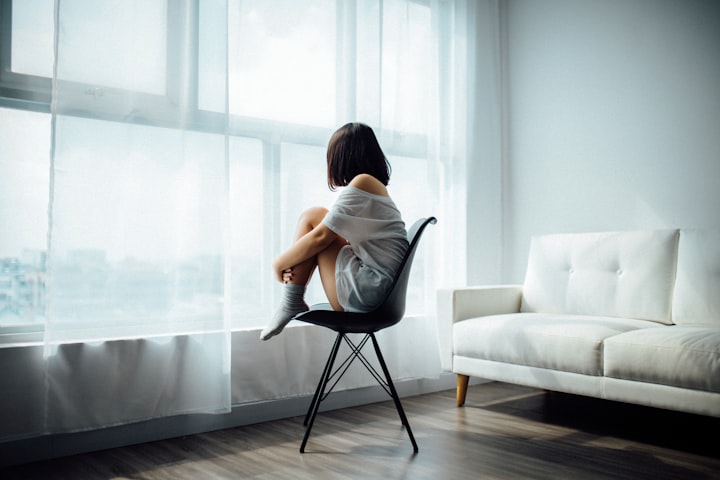
I'm writing this piece as someone who struggles with Depression and Anxiety, and as an Autistic Woman who spent my educational years being called 'lazy', 'unmotivated', 'anti-social' and other, less neutral, terms when I was actually struggling with neurological conditions that weren't (at the time) widely diagnosed outside of extreme cases.
I am not OK. I was not OK, and I may never be OK. I struggle to engage socially, and when I do, it drains my mental batteries to the point of being virtually useless afterward. I can't achieve the goals or standards that neurotypical and mentally healthy people do, and speaking to others of the goals I set myself and managed to achieve tend to be met with blank stares and an air of "is that it?"
Yes, that is it. I put in a full day of work, had at least one healthy meal, and did a household chore. Maybe even two or three chores, if it's a good day. Maybe I ordered pizza or went through an Oporto drive-thru or grabbed a pie from the petrol station on the way home, and spent the evening reading fanfiction, if it was a bad day.
Honestly, that's doing a lot better than the really bad days, when I'm so mentally and emotionally drained that I can't even get out of bed. Often, my sick days are actually mental health days, where my mental health is impacting my physical health.
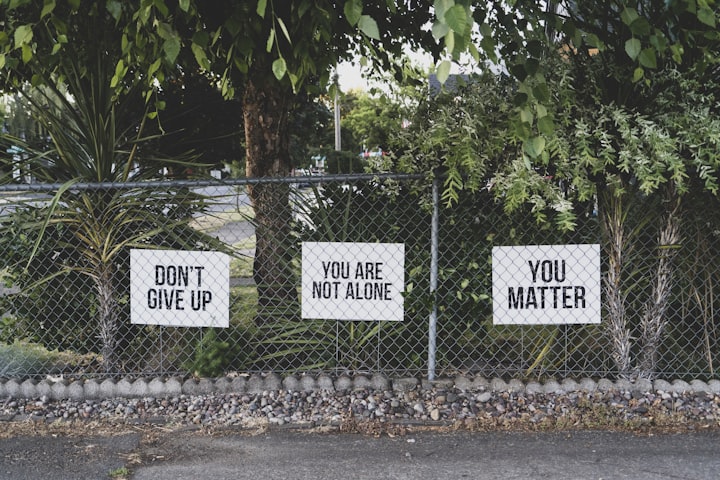
Between 2011, when R U OK Day hit the public conciousness, and 2019, mental health wasn't a thing that the vast majority really concerned themselves with, except on September 9th.
In 2020, everything changed.
Thousands of people had lost their homes and livelihoods in a year-long drought followed by a brutal, 6-month bushfire season that could literally be seen from space, the rosy smoke bank affecting New Zealand, over 2000 kilometres away. Firefighters and Special Emergency Services risked their lives daily, and sometimes had to choose between getting in a truck and saving someone else, or staying home to defend their own family and property. It was easy to feel abandoned and neglected, when the Prime Minister refused to cut a holiday to Hawai'i short, under the rationale that "I don't hold a hose, mate".
That was just the first two months. In March, COVID-19, previously considered an 'overseas problem', struck Australia in the form of our first Lockdowns.
Compared to many other countries, Australia got off very easy. Until the Delta outbreak in mid June of 2021, we hadn't even topped 1000 deaths, total. Instead, the toll was mostly in the form of mental health.
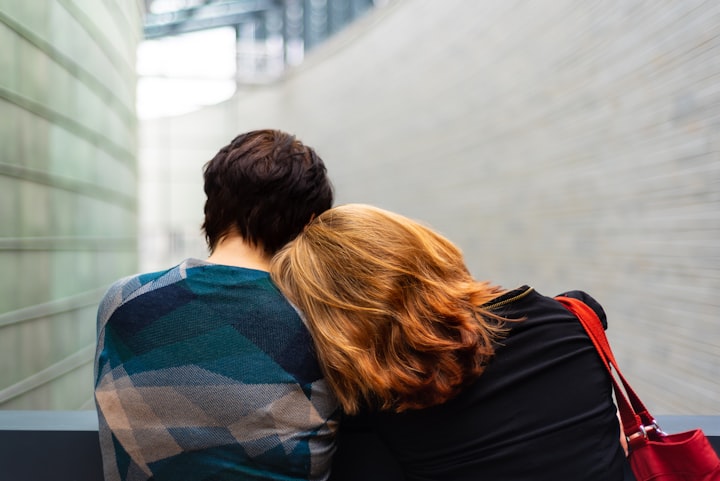
At the start of the pandemic, it was predicted that if the entire world was willing to lock down hard and fast, COVID-19 could be stopped in it's tracks and we'd be free and clear in a matter of months.
Between potentially-contagious people fleeing lockdowns in their local area and spreading the virus, political leaders hesitant to commit to lockdowns and harsh measures in an election year, and people in general flouting restrictions and listening to conspiracy theories over scientists, we got a global pandemic.
Lockdowns meant that people had to work from home, or had the added stress of being on the front lines as Essential Workers. Many people lost their jobs entirely, particularly in the retail, and hospitality sectors, because there wasn't enough face-to-face business to keep them on. Gig-based and Freelance work was also hard-hit, because venues were shut down with no assurance of when or if events would resume, and as self-employed workers, they often didn't have paid leave or unemployment benefits to fall back on.
Australia temporarily increased the Unemployment Benefit, and introduced Jobkeeper, where businesses could apply for money to pay their stood-down workers. Unfortunately, a lot of people and companies found themselves ineligible, and a lack of oversight in how the money was distributed resulted in dividends and layoff payouts, rather than a steady income for workers.

Financial stress was only one factor. People who had previously counted on seeing friends and co-workers on a daily basis found themselves struggling with isolation. The sudden transition to working from home was a jolt, and not everyone had a home office. Children struggled with not only a lack of social engagement, but a whole new kind of Distance Learning that the teachers were struggling to work out as they went. Lower-income households with a single computer had to either rely on an extra one provided by the school, hike up the phone bill by using mobiles, or share between several people.
People who lived alone began to really feel the distance between them and their loved ones, the silence pressing down with every day of only seeing others through a screen. A healthy work/life balance was a thing of the past, with social activities heavily restricted or cancelled all together. There was no separation between work and home for most, and Essential Workers had to contend with increased risk and changes to their lifestyle.
Swinging by the shops on the way home, or ducking into a cafe for lunch, was no longer the option it had been. Shopping trips and lists had to be carefully planned in advance, and scheduled around busy periods and capacity restrictions. Panic-buying and fad pass-times like making your own artisan bread led to shortages.
Relationships changed. Some bonds strengthened or accelerated with the introduction of Intimate Partner Social Bubbles, while others fell apart under the stress of Lockdowns. Some people moved in together, while others scrambled to move out.
There's nothing like being stuck in a single house or apartment, with the same people, indefinitely and under stress, to bring out the flaws and annoyances that you've been ignoring or pretending don't exist.
My partner and I used to do movie dates on alternate weekends, and group meet-ups on Tuesday evenings. With Lockdowns, Tuesdays became Date Night, where we would go to each other's house for dinner and a home movie. When I moved from my apartment to a house, that increased to dinner twice a week, and weekends spent at my place, or a swim-date when restrictions were eased enough to be able to visit parents on the weekend. We became closer as a result of the Lockdowns, and moved to part-time co-habitation a lot faster than we otherwise probably would have.

A lot of people were starting to struggle on September 9, 2019. People were not OK, but thought that things might be looking up on September 9, 2020. September 9, 2021, was Month 18 of the Pandemic and Week 10 of the Delta Lockdown, and no-one is was OK as they would have liked to be.
On September 8, 2022, I'd just finished re-training and was struggling to keep up hope in the face of job rejection after job rejection.
It's September 14, 2023. I'm doing far better than I was last year, or the years before that.
It's R U OK Day again. Check on your friends. Call your family. Be kind to yourself and to others.
It's OK to struggle or have days when you can't perform to your usual standard.
Reach out and ask for help. We know that you're going through a hard time. We all are. We're here, even if all we can do is listen.
It's OK to not be OK.
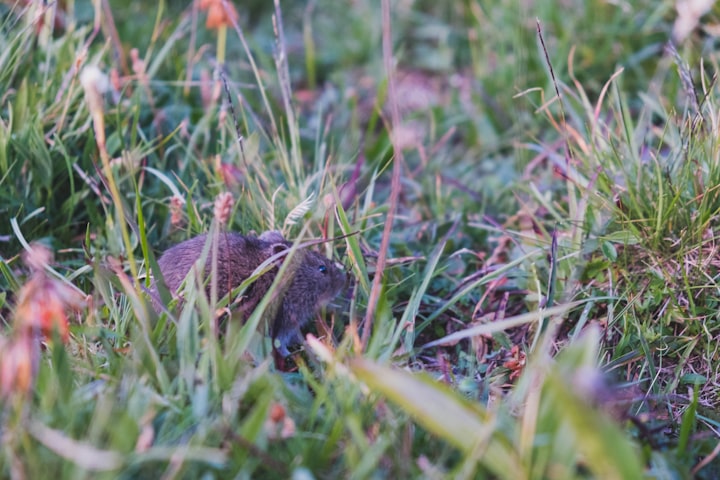
This work is part of the Vocal Creator's Chronicle
CLICK HERE to Return to Magazine
About the Creator
Natasja Rose
I've been writing since I learned how, but those have been lost and will never see daylight (I hope).
I'm an Indie Author, with 30+ books published.
I live in Sydney, Australia
Reader insights
Outstanding
Excellent work. Looking forward to reading more!
Top insights
Excellent storytelling
Original narrative & well developed characters
Heartfelt and relatable
The story invoked strong personal emotions
On-point and relevant
Writing reflected the title & theme
Easy to read and follow
Well-structured & engaging content
Expert insights and opinions
Arguments were carefully researched and presented
Eye opening
Niche topic & fresh perspectives


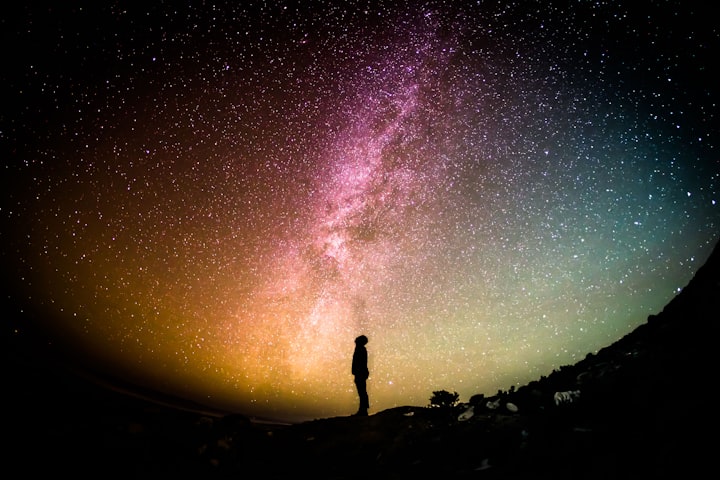



Comments (1)
This was a very inspirational piece